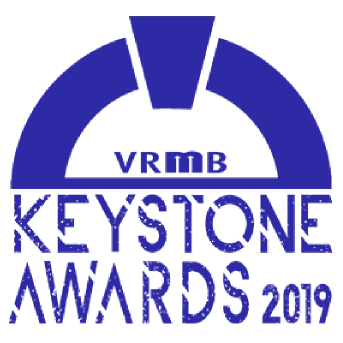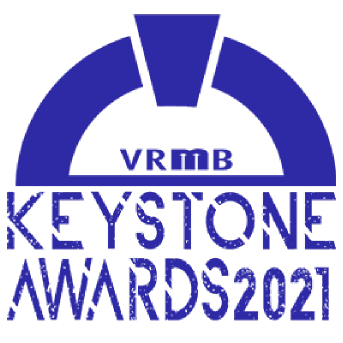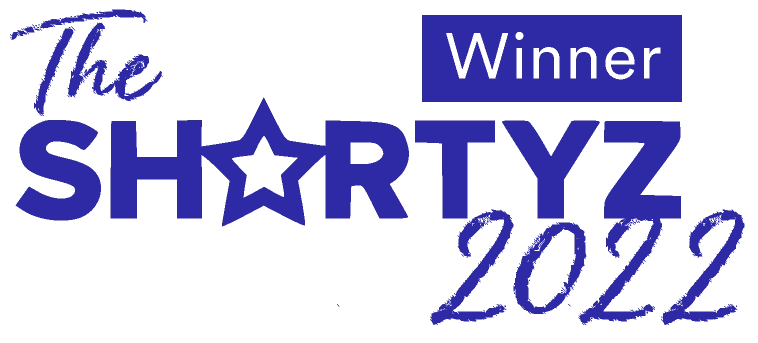Guide to New York State's (and NYC’s) Short-Term Rental Regulations
Across New York State —from the Big Apple high rises to bucolic family homes nestled in fiery upstate foliage — short term rentals are subject to a variety of regulations. Homeowners and vacation rental property managers should take careful note to ensure compliance and a smooth rental experience.
In this guide, we’ll take a closer look at New York State‘s short-term rental regulations, from tax requirements to specific rules in popular destinations, including in New York City (NYC) and provide helpful tips for compliance.
New York’s short term rental tax requirements
It can’t be overstated: Remitting proper taxes on New York State vacation rental revenue is critical. It’s critical to understand that NY short-term rentals are those properties rented out for less than 90 consecutive days. Rentals for the same individual for 90+ consecutive days are exempt from sales tax.
Here are the key taxes to keep track of:
- New York State sales tax: 4%
- Local city or county occupancy taxes range from 3% to 6%
- Local sales taxes
To ensure compliance with the tax requirements, it’s essential to consult the specific regulations for the location of your rental property. The New York State Department of Taxation and Finance provides detailed information and resources to help vacation rental owners understand their tax obligations.
Understanding and complying with New York’s vacation rental tax requirements is essential for both the financial success of your rental business and your peace of mind. By familiarizing yourself with the specific regulations for your property’s location, registering for sales tax, collecting and remitting the tax correctly, and staying up to date with any changes in the tax laws, you can ensure a smooth and compliant operation of your vacation rental business in the state of New York.
Short term rental regulations in popular New York state destinations
New York offers a diverse range of vacation destinations, each with its own set of short term rental regulations. Let’s explore a few:
Rochester
- Rochester, located on Lake Ontario’s Genesse River, is known for its rich history and stunning natural beauty. Property owners must register with the City of Rochester and obtain a short-term rental permit. Here are several key regulations:
- A permit is required to operate a short-term rental in Rochester. The permit must be renewed annually.
- Only owner-occupied units can be used as short-term rentals. Investor-owned or secondary homes are prohibited from short-term rental.
- There is a limit of 90 rental days per year for a permitted short-term rental unit.
- The maximum occupancy for a short-term rental is 2 persons per bedroom, not exceeding 6 total occupants.
- Onsite parking is limited to the number of legal bedrooms in the rental.
- Units must meet various safety requirements including smoke detectors, fire extinguishers, CO detectors.
- Hosts on platforms like Airbnb must obtain a license to operate in Rochester and pay an annual licensing fee.
- Listings can only be advertised on platforms with an approved permit number displayed.
- Violations can result in revoked permits and fines up to $10,000.
Niagara Falls
Located on the border of the United States and Canada, Niagara Falls is a natural wonder, captivating visitors with its majestic beauty and powerful cascades. Hosts must obtain a permit from the City of Niagara Falls and adhere to the following:
- Only a homeowner (owner of record) may apply for a Special Permit and only for properties with fewer than three units. The fees are $250 for a single family short-term rental unit and $400 for a two-unit property. Licenses must be renewed annually.
- No mobile homes, RVs, travel trailers, yards, sheds, garages, vehicles, tents, yurts. No affordable housing.
- Owners must acquire a short-term rental license within a year of obtaining the Special Permit.
- The dwelling unit must be rented in its entirety.
- A letter must be issued by an architect or engineer confirming the property is compliant with local building and safety codes.
- Hosts must show proof of completion and certification from the Destination Niagara USA’s “EXP Program.”
- Insurance is a must with a proof of aggregate (total payout per policy duration) of no less than $1,000,000.
Buffalo
Buffalo, located on the eastern shores of Lake Erie, offers visitors a mix of historical landmarks, vibrant neighborhoods, and a burgeoning food scene. Short term rental regulations in Buffalo vary between homeowners, non-homeowners, and within N-4-30 or N-4-50 zones which require a zoning variance and public community hearing:
- Homeowners must register their properties with the Department of Permits and Inspections Services and submit a business license application to the City of Buffalo. The initial registration fee is $150 with a $75 annual renewal fee.
- A non-homeowner-occupied rental property requires the owner to file for a special use permit. The initial registration fee is $250 with a $150 annual renewal fee. (Local agents must oversee properties for owners outside of Erie County.)
Short term rental regulations in NYC
The Big Apple, otherwise known as New York City (NYC), has its own set of regulations for short-term rentals due to the high demand for accommodations in this bustling metropolis (and across its’ five boroughs). In September of 2023, NYC restrictions have tightened: New York City Local Law 18, also known as the Short-Term Rental Registration Law, requires short-term rental hosts to register with the Mayor’s Office of Special Enforcement (OSE).
It’s been reported that of Airbnb’s 23,000 NYC listings, only 9,500 are even legally eligible for license application. And that’s just short-term rental properties on Airbnb. Of those 23,000, only 3,250 properties have applied for permitting and of those 3,250, the city of New York has thus far only approved 257 registrations. Since the mandate, NYC Airbnb listings have dropped 70%. Let’s take a look at what it takes for short-term rental approval:
- Hosts or property owners must apply for and obtain an official short-term rental permit. The application is $145. Applicants must establish a NYC.ID account.
- In addition to obtaining a permit, all short-term rental hosts must provide details like contact info, rental address, and number of days rented per year.
- Only units that serve as legal primary residences (based on spending over half the year there) can be rented short-term. Pure investment or secondary properties are prohibited from short-term rental.
- Hosts cannot rent out an entire apartment (including all permanent residential buildings) rentals for less than 30 consecutive days.
- Hosts must “maintain a common household.” In other words, they must be sharing the residence through the duration of a guest’s stay. (This is bad news for Vrbo which only permits entire home and not home-sharing stays.)
- Occupancy rules state that no more than 2 guests are allowed per stay.
- Properties that are categorized as NYCHA units or are rent-regulated units are prohibited from short term rentals.
- In addition to state taxes, NYC hosts must pay:
– 5.875% city hotel room occupancy tax
– $1.50 per unit per day city hotel unit fee
– 8.875% city sales tax
New York City short term rental violations can incur fines between $1,000 and $7,500. Be sure to follow regulations carefully and consider hiring a real estate attorney or accountant to ensure you’re adhering to your state, county, and city laws. Explore the laws further.
Tips for short-term rental compliance
Complying with New York State‘s short-term rental regulations is vital to ensure a successful rental experience. Here are some essential tips:
- Research state laws and local government regulations thoroughly before listing a property.
- Comply with all registration fees and permit, inspection, and taxation requirements.
- Pay close attention to occupancy limits, parking rules, noise ordinances, land use and zoning regulations, and other restrictions (and exemptions!).
- Check condo and co-op rules and bylaws.
- Keep up to date on new rules, New York State bills, laws, and proposals impacting short-term rentals. Contact the New York State Department of Taxation and Finance or city officials with any questions.
- Establish open lines of communication with your neighbors and address any concerns they may have. Being a considerate and responsible host will help maintain positive relationships within the community.
- Regularly inspect and maintain your rental property to ensure it meets all safety and operational standards and housing codes.
By familiarizing yourself with New York’s short-term rental regulations, you can navigate the vacation rental market with confidence and ensure a positive experience for managers, hosts and guests. Remember to consult the specific regulations for your location and stay informed about any updates or changes to the legislation. Compliance with the regulations is not only a legal requirement but also contributes to the overall safety and well-being of your guests.






